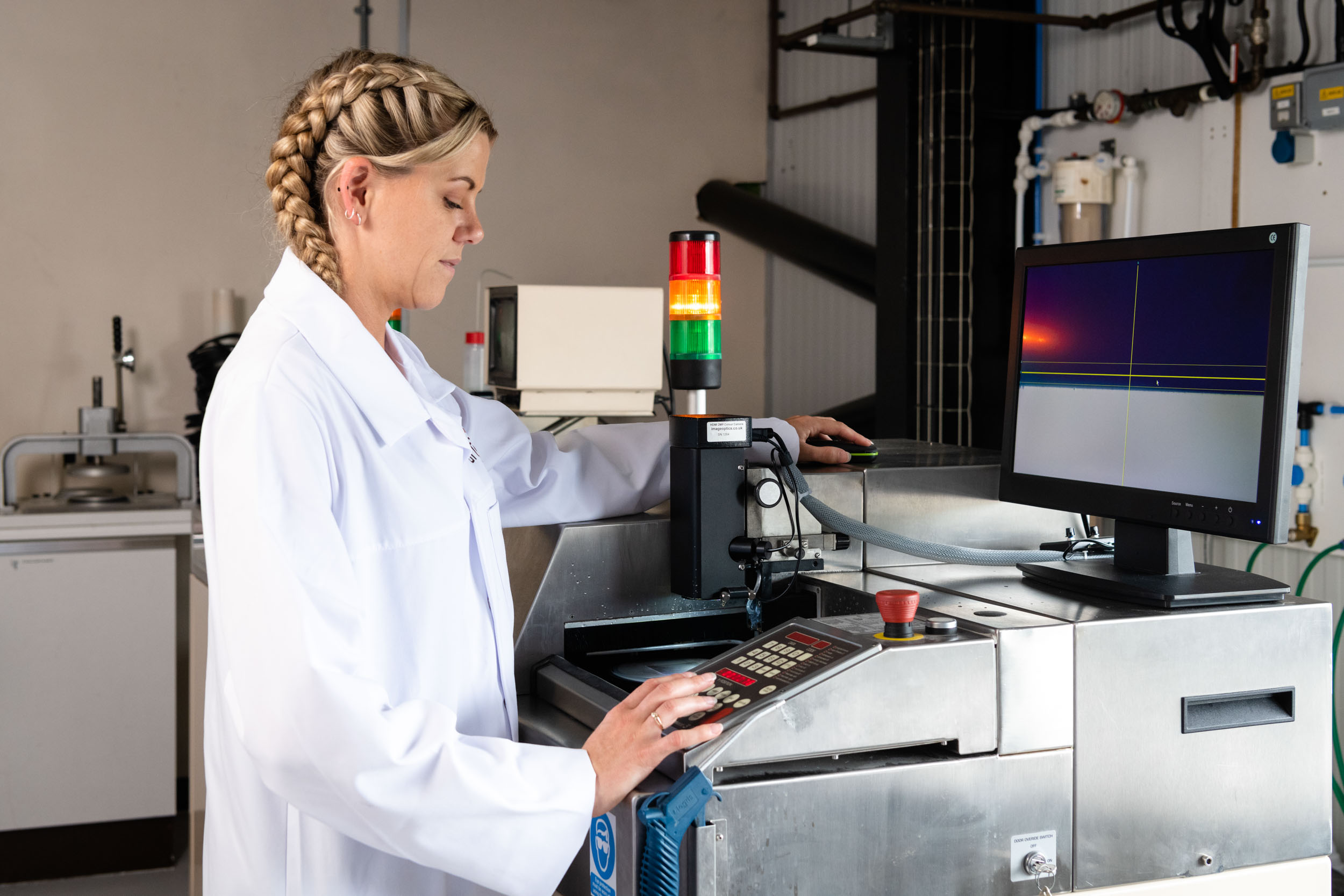Skills Support
Skills and workforce development is a key priority for all of our Freeport partners. To enable the Freeport to unlock employment opportunities in high value jobs and deliver economic growth we will focus on developing:
- STEM skills – such as engineering professionals, draughts people, mechanical engineers, design and development engineers, scientists, civil engineers, R&D managers
- Skilled trades – such as electricians, metal workers, carpenters, welders
- Production/manufacturing skills – such as production managers, inspectors and testers and process plant operatives, production and process engineers, production supervisors, health and safety officers
- Logistics and supply chain – such as elementary storage occupations, HGV/van drivers, fork lift truck drivers
- Business administration roles – such as administrators, sales and business development managers, finance professionals, accountants, office managers, purchasing managers, management consultants
- IT and Digital – such as IT operatives, IT managers, programme and software development professionals.
PASD Freeport is proud to be a signatory of The Plymouth Charter, demonstrating our commitment to a fairer, greener future for Plymouth.

Photo Credit: Artemis Optical
The local economy in Plymouth and South Devon already supports over 26,000 jobs in our target sectors. Manufacturing is extremely important to the local economy, representing 13.6% of jobs in Plymouth and 8.1% in Devon; compared to 7.9% nationally. The further agglomeration and clustering of businesses within these sectors will provide career paths helping us to retain our skilled workforce and attracting the best and brightest in these sectors to move into the area.
Nearly £70M has been invested recently in and by our FE and HE institutions in initiatives such as the South West Institute of Technology (IoT) to meet skills gaps and the needs of growth sectors in areas such as: clean mobility, engineering, offshore wind, marine, welding, STEM, technical skills.
Case Study: SW Institute of Technology
The South West Institute of Technology aims to put the South West on the map, as a great place to learn, recruit, invest and innovate in the digital, engineering and manufacturing sectors. Each of the SWIOT partners has extensive experience of working to attract, recruit and retain learners in Digital and Engineering subjects. The SWIOT offers a wide range of Level 3, 4, 5, 6 and 7 courses available in Digital and Engineering qualifications including courses relevant to the Freeport Occupational Demand.
Our Skills Plan brings together and aligns the provision of business, trade unions, Local Authorities, training providers, Further Education (FE), Higher Education (HE) and wider socio-economic stakeholders to support the delivery of our Freeport objectives. We have a Skills Advisory Board responsible for the delivery of our Skills Plan.
* expected outcome of the Plymouth and South Devon Freeport

